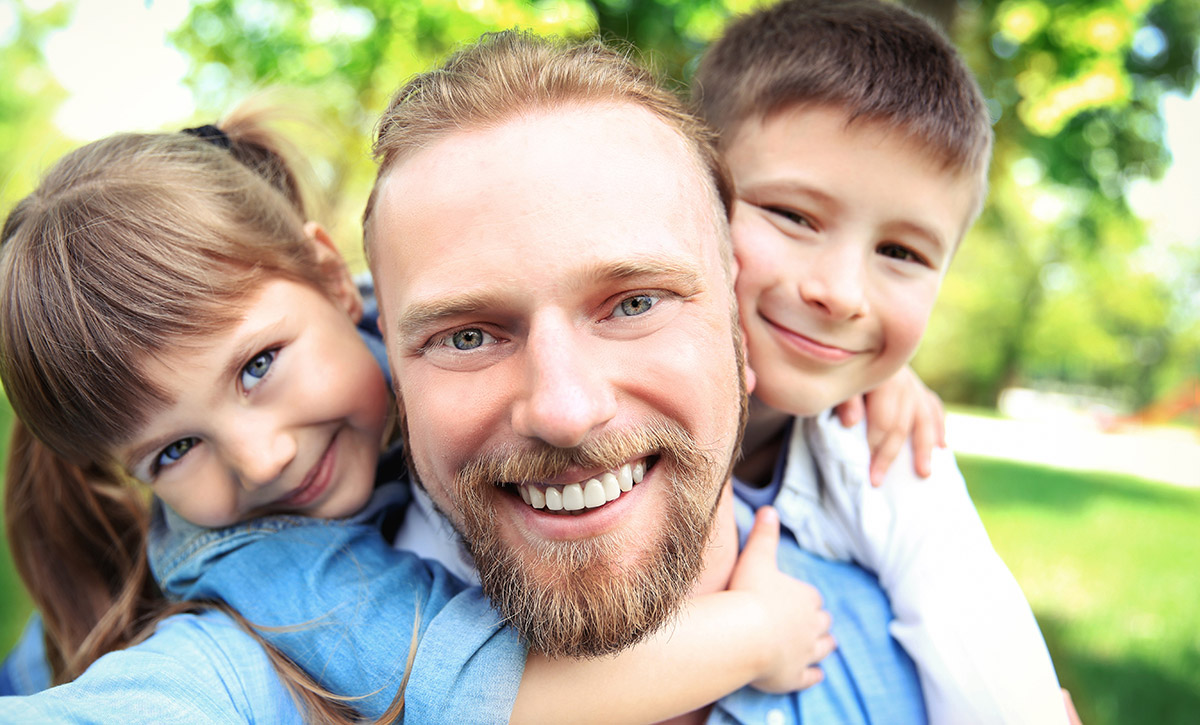Want to adopt?
From the moment you first consider adopting you have begun the adoption process and are on a journey to discover if it is right for you and what kind of parent you might be. That journey is made together with the social workers and staff at an adoption agency, whose job it is to make sure that prospective adopters are the best possible parents for the children in need of a home.
Information Booklet
The adoption process
In the very first instance we suggest that you attend one of our adoption information sessions. These can be found in our events page. The adoption information sessions are held regularly and offer the opportunity to hear from adoption team managers, adoption social workers, post adoption support workers and experienced approved adoptive parents who will talk you through the process and provide lots of information.
These sessions give you an opportunity to find out about the adoption assessment process, to start considering the rewards and challenges of adoption and ask questions relevant to you own situation.
-
 1
1Exploration
Reading, research and attending information meetings provide opportunities for you to find out about the adoption assessment process, to start considering the types of children that need parents, the rewards and challenges of adoption and ask questions relevant to you own situation.
-
 2
2Initial checks & registration
When you have found an adoption agency you are comfortable with, it’s time to start the formal evaluation process, which includes things like references and background checks, and lots of homework. This is the formal Stage One of the adoption assessment process and should take around 2 months.
-
 3
3Training & assessment
This is a where a social worker will work with you and your family, assessing your strengths before presenting it in a report to the Adoption Panel. This is the formal Stage Two of the adoption assessment process and should take around four months.
-
 4
4Matching with the right child
Adopt London represents 24 local authorities and together we work with you throughout your assessment and after your approval at the Adoption Panel to find the right child for you. We will discuss the suitability of children with you and a Matching Panel makes the final decision.
-
 5
5Moving in
Once a match has been made, you spend time getting to know the child at introduction and with the support of your social workers and the foster carers. A series of visits and short stays lead up to the child moving in. After a while, you can apply to the court to become their legal parent.
Next steps
If you can offer a child a loving, supportive family home, we’d like to hear from you. We especially need families for our black and mixed-race children, sibling groups, and children with additional needs. Sign up for an Adoption Information Session and come and ‘Meet Our Adopters’.
Do you want to speak to someone?
Let us help you to find the advice you need
